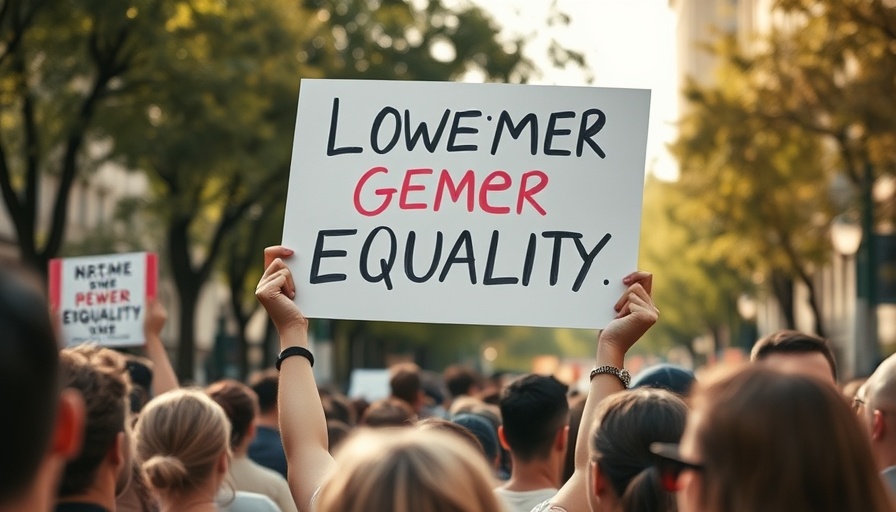
The Ongoing Struggle for Women's Empowerment in South Africa
As South Africa approaches significant milestones in its democratic journey, a poignant question looms: are we witnessing genuine progress in women's empowerment, or have we reached a plateau? This inquiry transcends mere statistics; it delves deep into the complexities of gender dynamics within a nation still grappling with unemployment, poverty, and inequality.
Assessing the Gender Landscape 26 Years Post-Democracy
Despite advocacy efforts led by various organizations, including the Department of Women, Youth, and Persons with Disabilities (DWYPD) and the Commission for Gender Equality (CGE), the South African national budget remains alarmingly unresponsive to the needs of women. Historical injustices persist, and the voices advocating for a gender-responsive budget have yet to yield substantial results. During last year’s 30-year anniversary conference hosted by the CGE, women passionately voiced their frustrations over systemic unemployment and lack of opportunity, evoking the troubling reality that those at the helm of power continue to prioritize other agendas.
Gender Parity: A Distant Dream
When we examine the promise of equality enshrined in the Constitution, the stark reality reveals a significant divide. Women, who account for the majority in South Africa, continue to face barriers to achieving equal representation in leadership roles. A glaring 17% pay gap highlighted in a recent PricewaterhouseCoopers (PwC) survey underscores the systemic inequity that still exists. While statistics might suggest increased employment rates among women, these figures mask the transactions underlying job positions—women are predominantly placed in entry-level roles rather than key leadership positions.
Action Steps Toward Meaningful Change
If differentiated and equitable representation is to be realized, it is imperative to implement strategies that elevate women into roles where they have the power to influence policy decisions. The government must prioritize gender-responsive planning, which should be institutionalized within all sectors. Establishing Gender Focal Points across departments at senior levels, as called for in the national policy framework, would be a critical first step towards embedding issues of gender equality into mainstream governance.
Broader Implications: Women's Rights Beyond Borders
South Africa's struggle for women’s rights is not insular; it reflects a broader narrative representative of women across global contexts. Human rights activists argue that solidarity among women transcends national borders, aiming to dismantle systems of misogyny and discrimination worldwide. Local movements, collaborative efforts with international entities, and grassroots advocacy are essential in confronting entrenched patriarchal structures.
Final Thoughts: A Call to Action
As we reflect on the state of women since the dawn of democracy, it’s essential not just to recognize the strides that have been made but to critically engage in the reality that much work lies ahead. Women still face significant challenges that require unified action across all levels of society. Professionals, policymakers, and citizens alike must join forces to transcend narratives of stagnation and catalyze progressive change for women’s empowerment in South Africa. Only through collaborative efforts can we transform promises into realities, ensuring that South Africa's democracy flourishes for all its citizens.
 Add Row
Add Row  Add
Add 




Write A Comment